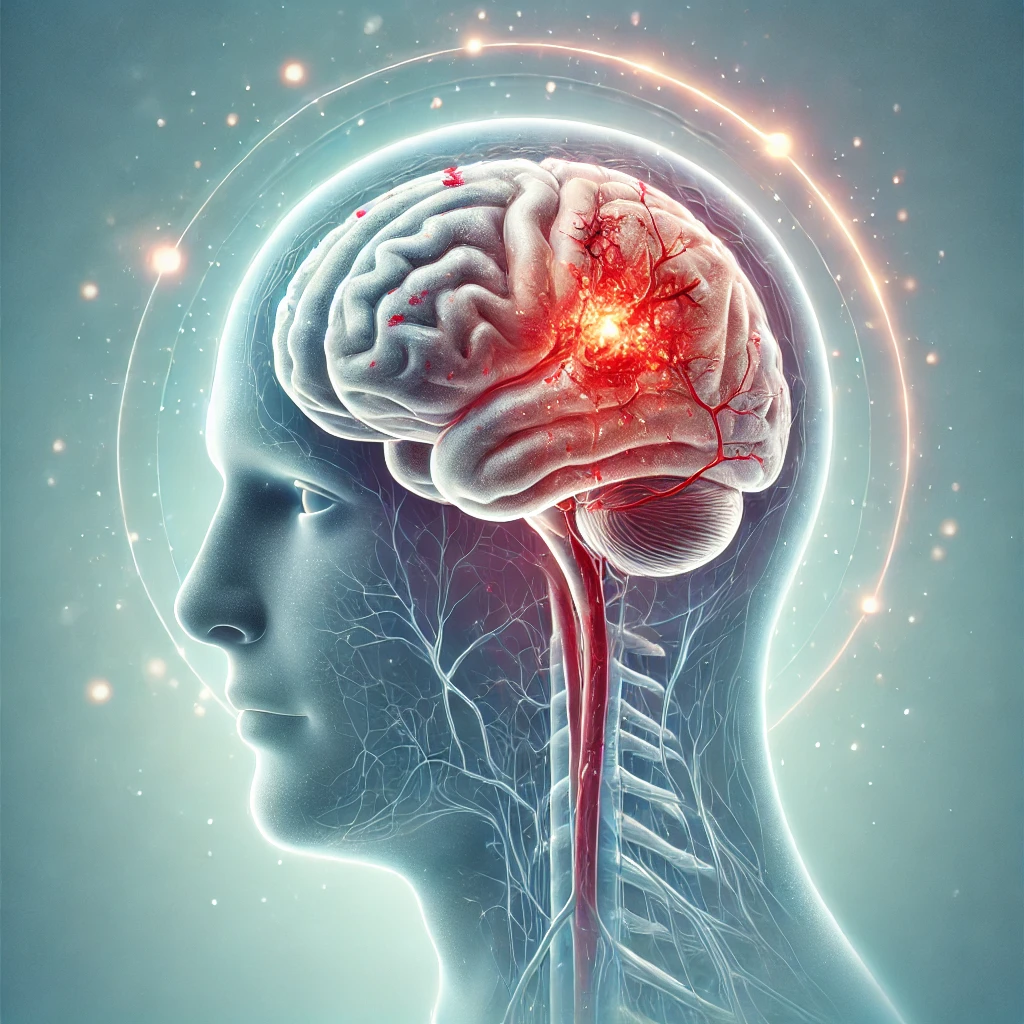
Migraines are more than just headaches—they are intense, pulsating attacks that can disrupt work, sleep, and daily life. In 2025, more people are turning to Ayurveda for migraine treatment because it offers long-term healing, not just temporary symptom relief. Ayurveda views migraine as a tridoshic imbalance, especially Vata and Pitta aggravation, rooted in lifestyle, digestion, and stress. With natural herbs, therapies, and diet corrections, Ayurveda helps reduce migraine frequency, intensity, and triggers.
In this blog, we explore how migraines occur, why Ayurveda is effective, and which Ayurvedic treatments deliver lasting relief.
In Ayurveda, migraine is often correlated with Ardhavabhedaka, a condition described as severe, throbbing pain in one half of the head. According to Ayurvedic principles, migraines occur due to:
When these doshas go out of balance because of stress, irregular sleep, poor digestion, dehydration, or screen fatigue, migraine attacks become frequent.
Ayurveda aims to identify the root cause, correct dosha imbalance, and strengthen the mind-body connection.
Nasya (nasal therapy) helps clear toxins from the head and neck region.
Herbal oils like Anu Taila or Shadbindu Taila are administered through the nostrils.
Benefits of Nasya for Migraine:
Regular nasya therapy supports long-term migraine control.
Shirodhara involves continuous pouring of warm herbal oil on the forehead.
How Shirodhara Helps:
For chronic migraine patients, Shirodhara is one of the most soothing therapies.
Warm oil massage improves blood circulation and removes muscle tension in the neck and shoulders—common migraine-trigger areas.
Benefits:
Patients who receive regular Abhyanga report fewer migraine episodes.
Reduces stress, stabilizes hormones, and strengthens the nervous system.
Improves brain function, reduces anxiety, and enhances clarity.
A powerful herb for calming Vata and improving sleep.
Reduces inflammation and nausea.
Enhances memory, cools the mind, and supports emotional balance.
These herbs are commonly used in Ayurvedic migraine formulations after a physician’s evaluation. These medicines are administered base d on your Prakriti so consult an ayurvedic doctor for migraine near you.
A stable routine prevents Vata aggravation and helps reduce migraine pain.
Cleanses nostrils and balances energy channels.
Cools Pitta, useful for heat-based migraines.
Relaxes the mind and soothes the nervous system.
Just 5–10 minutes daily can reduce migraine intensity naturally.
For chronic cases where attacks occur weekly or monthly, doctors may recommend Panchakarma.
These therapies remove deep-rooted toxins, balance doshas, and rejuvenate brain functions.
While painkillers give short-term relief, Ayurveda focuses on long-term healing by:
Ayurveda aims to free patients from dependency on medicines and helps create a healthier lifestyle.
Migraines can dominate your life, but Ayurveda provides a gentle, effective, and natural way to manage them. By balancing doshas, improving lifestyle, and using specialized therapies like Nasya and Shirodhara, Ayurveda reduces migraine attacks and brings lasting relief.
If migraines are affecting your daily life, an experienced Ayurvedic doctor can help you develop a personalized treatment plan to restore balance, clarity, and pain-free living.
Copyright @jyotiayurclinic.com.